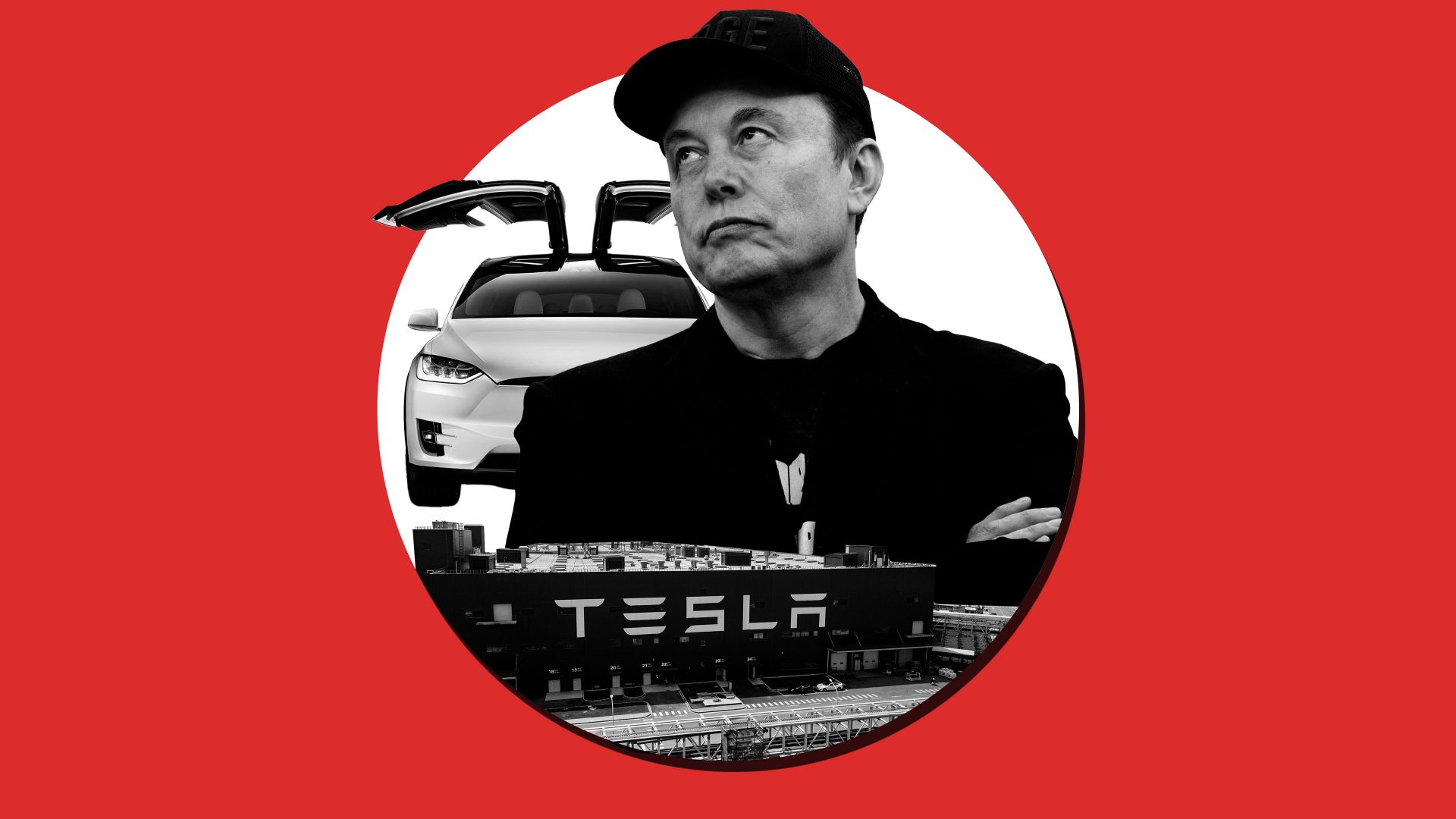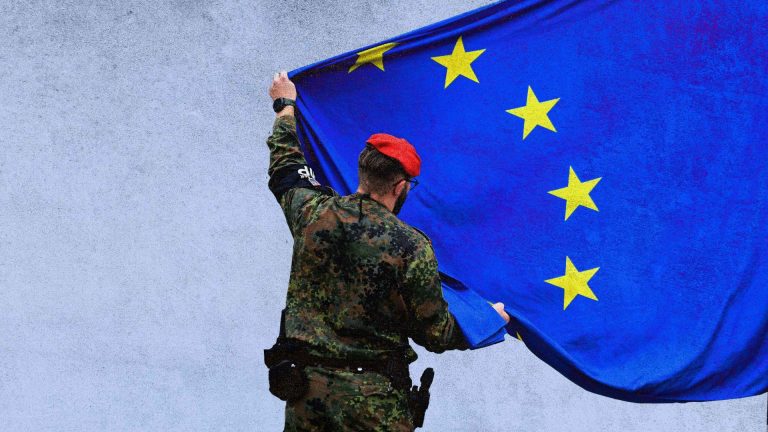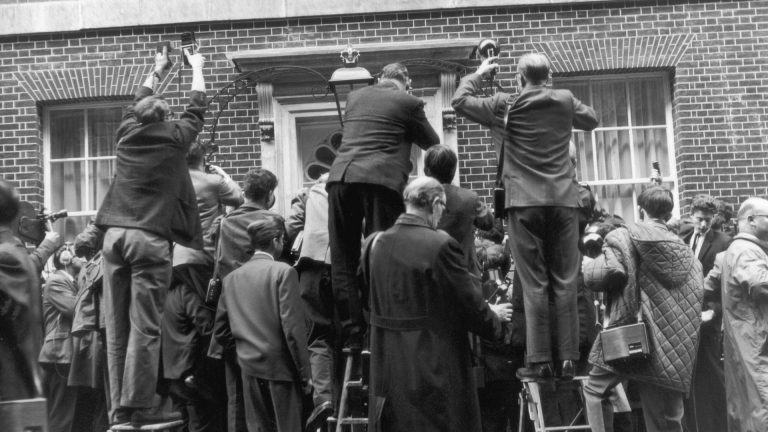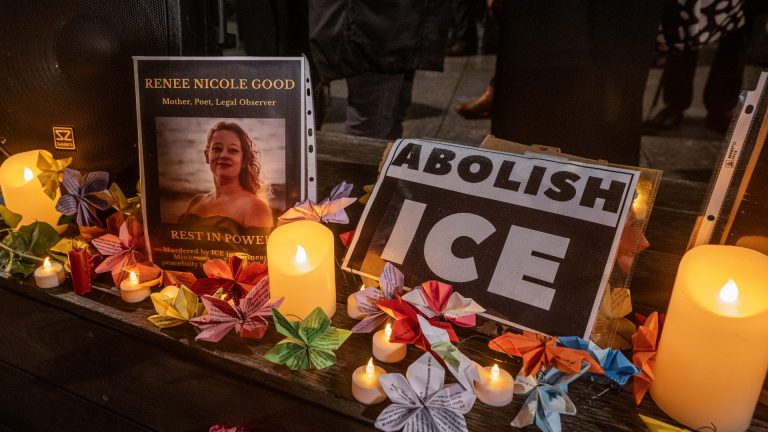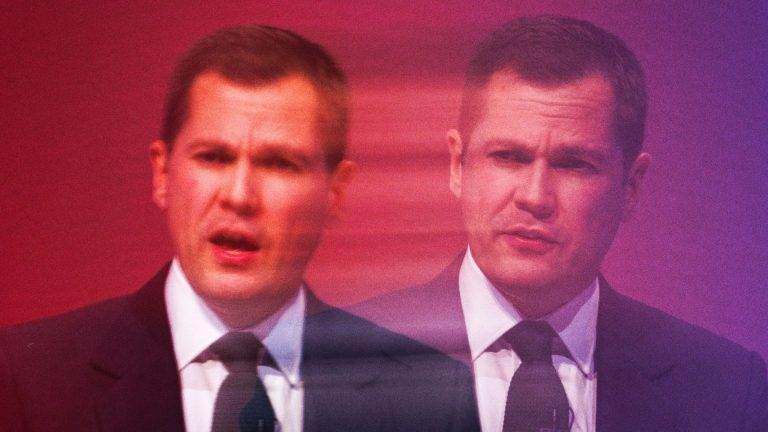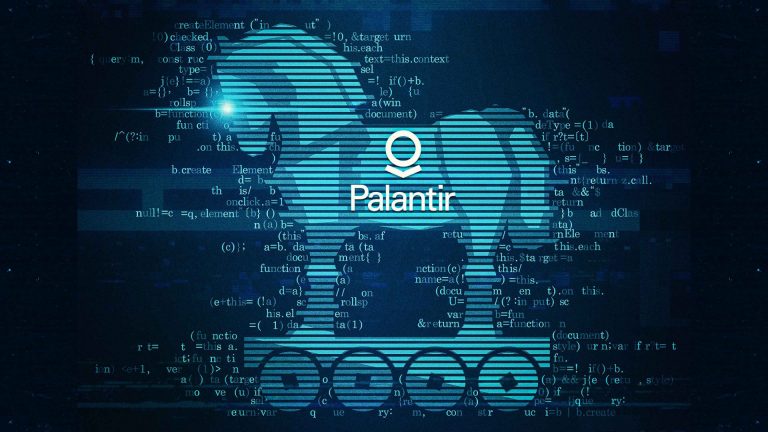Xiaotong Zhu, also known as Tom, has been senior vice president of Tesla since 2023. As the person in charge of the company’s factories and also sales, he is one of the firm’s highest-profile executives. Zhu was the man who oversaw the construction of Tesla’s Shanghai Gigafactory with such dedication that he even slept in the factory during the building process – and now recently released filings show that, between 2023-24, he dumped 82 per cent of his Tesla stock.
It’s a sign of deep internal unease inside Tesla, and also with Musk, made worse by the recent collapse in the company’s performance. Tesla’s profits fell 71% in the first three months of this year. Sales in Europe are down 45%.
“What would happen if he were to fall under a bus?” asks Charles Elson, a retired professor of corporate governance and an expert on Tesla. He once had to resign from a law firm when Musk complained about Elson’s attempt to question his pay level.
Elson’s question should keep Tesla’s board and its shareholders awake at night. Musk’s far right politics and erratic behaviour have toxified the Tesla brand – and yet it is still dependent on Musk, who continues to use that dependence to make billions.
Even after all the damage Musk has done, Tesla’s shares are trading at a price-to-earnings ratio of 197. That is, Tesla’s shares are worth 197 times any money the firm is making. This is well beyond a speculative bubble; pricing like that would embarrass a Ponzi scheme.
The only way Tesla can maintain that ludicrous share price is because its shareholders are true believers in Musk, social media junkies who think he is a genius and that he will crack driverless car technology in the near future, at which point the company will make untold riches for him and them.
But not everyone sees it that way. On X recently, Musk addressed the investors who maintain a “short” position on Tesla, meaning they are betting the price of the company’s stock will fall in future. “If they don’t exit their short position before Tesla reaches autonomy at scale,” Musk tweeted, “they will be obliterated”.
Elon remains confident that Tesla is on course to discover that holy grail of “autonomy” – driverless cars – telling the World Artificial Intelligence Conference in Shanghai that Tesla will be able to make its vehicles completely autonomous by the “end of the year”. Unfortunately for Elon and his shareholders, he announced that breakthrough in 2020. It has not happened.
Suggested Reading
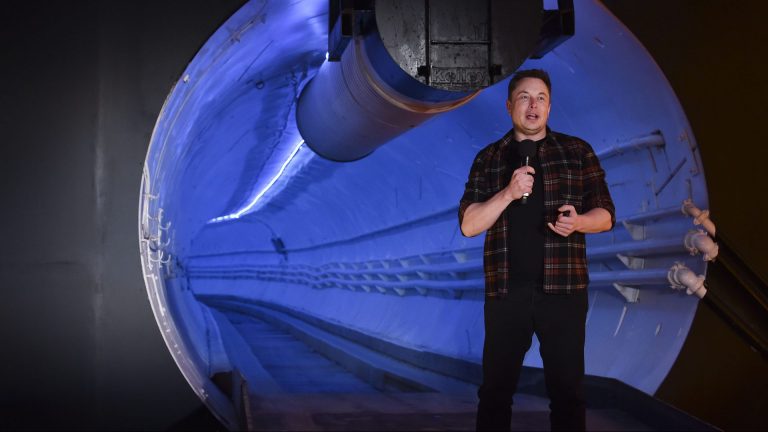

The trouble with Tesla
This matters because researchers at Morgan Stanley estimate that the manufacturing of cars only accounts for one-fifth of Tesla’s potential value. The remaining four-fifths derives from the hope that Musk can make his cars fully autonomous. Then he can rake in money from running robot cabs and selling software, especially AI technology.
However, as Charles Elson told me, much of that potentially lucrative AI software actually now belongs not to Tesla but to yet another Musk-owned company, xAI. Things there are not going so well either. The co-founder of xAI, Igor Babuschkin, recently left the company to set up on his own, after a series of problems with Grok, Musk’s AI offering, which began parroting Musk’s political views, as well as extremist, apparently Nazi content.
If Musk’s faithful shareholders want a piece of his great expected profit, they “will have to invest in another company he owns”. Hence, says Elson, their faith in Tesla almost certainly makes “no sense at all”. Musk is now a cult figure, and his company is acting as if the rules do not apply to it.
But if Musk goes, and if his remaining fanbase also goes and the stockholders start selling, then the share price will collapse taking the company along with it. So despite all his madness Tesla still needs Musk, even though he is failing to deal with increasingly intense competition from China and more established car makers. BYD, the Chinese EV maker is now outselling Tesla, and it is innovating faster, while the resale value of Teslas is plummeting. Tesla has only launched one new product in five years: the Cybertruck, which rapidly became a laughing stock.
By working to elect Donald Trump and then running the short-lived Department of Government Efficiency, Musk has alienated pretty much every car-buyer in America who votes Democrat, which is ironic as the left-of-centre, progressive consumer is exactly who Tesla’s green tech was aimed at in the first place. On the Republican side, no matter how much they love Trump, most MAGA supporters will never buy an electric vehicle.
For Musk himself this is a worrying dilemma. He remains the richest man in the world, but much of his wealth is due to the value of Tesla shares. If they collapse, so does his status as the 21st-century Rockefeller. This has happened once already – in 2022, declining stock values for Tesla meant Musk became the first man in history to lose $200bn in net worth. He has now made that back and more, but if Tesla goes, so does a huge chunk of his wealth.
But of course, there is much more of that. Musk owns 42% of the shares in SpaceX, which has a company valuation of $400bn. The largest space company in the world, it outcompetes even superpower countries’ space programmes in launches and rockets.
Less successful is Twitter, now called X, which he bought for $44 billion and turned into such a toxic brand that it lost some 70% of that investment. Earlier this year, Twitter announced it had been sold for $33billion – a remarkable deal, but less remarkable when you found out that the buyer was his own AI startup, xAI. Musk says the combined entity is worth $113 billion, though others do not support that valuation.
If you are longing for Musk to be poor and humbled, forget it. He has billions to fall back on, has stakes in multiple companies and doesn’t seem to give much of his money away, claiming that he is accumulating resources for “humanity’s outward expansion to space”.
If Musk does fall from grace, it will not be his remaining wealth that is important, it will be how he leaves his companies. Although they are mainly publicly quoted businesses, with millions of shareholders, he runs them like he owns them outright.
Suggested Reading
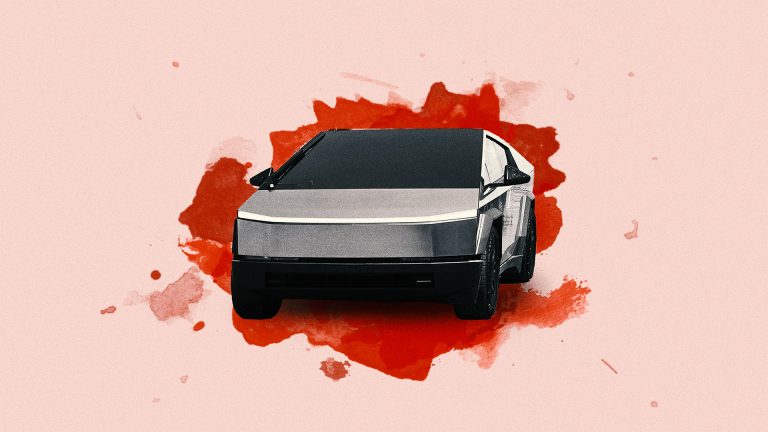

What the Cybertruck says about Trump’s America
Tesla’s board is pathetic and weak, and Musk gets what he wants every time. Or almost all the time: last year the courts in Delaware, where Tesla is registered, refused to allow the board to grant Musk 12% of the company’s shares (worth over $50bn) as part of his pay packet.
Kathaleen McCormick, the court’s most senior judge, in what is widely seen as the most pro-business state in the union, said the board, which is largely made up of relatives and friends of Elon’s, was acting “like supine servants of an overweening master”. Earlier this year, the board finally gave Elon his pay deal – he had to settle for $30bn in shares.
This is why people like Charles Elson are so worried – boards of companies have a legal duty to work in the best interests of all their shareholders. They are not there simply to give their mate who appointed them huge amounts of money.
“Under American law, there are penalties for being disloyal to the corporation and to the shareholders,” Charles Elson notes. “If you have extracted large amounts of money from the firm, you would be made to pay it back.”
To turn around a company like Tesla requires a rational analysis of what is going wrong. It needs new thinking, a change of direction, better management and canny investment. In short, it needs its own DOGE to come in and sort things out.
In a sensible world, Musk would be the first casualty. Instead, he is being paid huge sums to save the company from himself.


